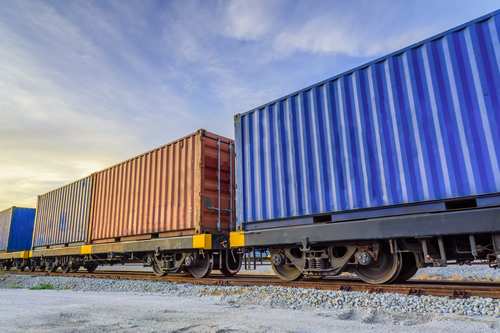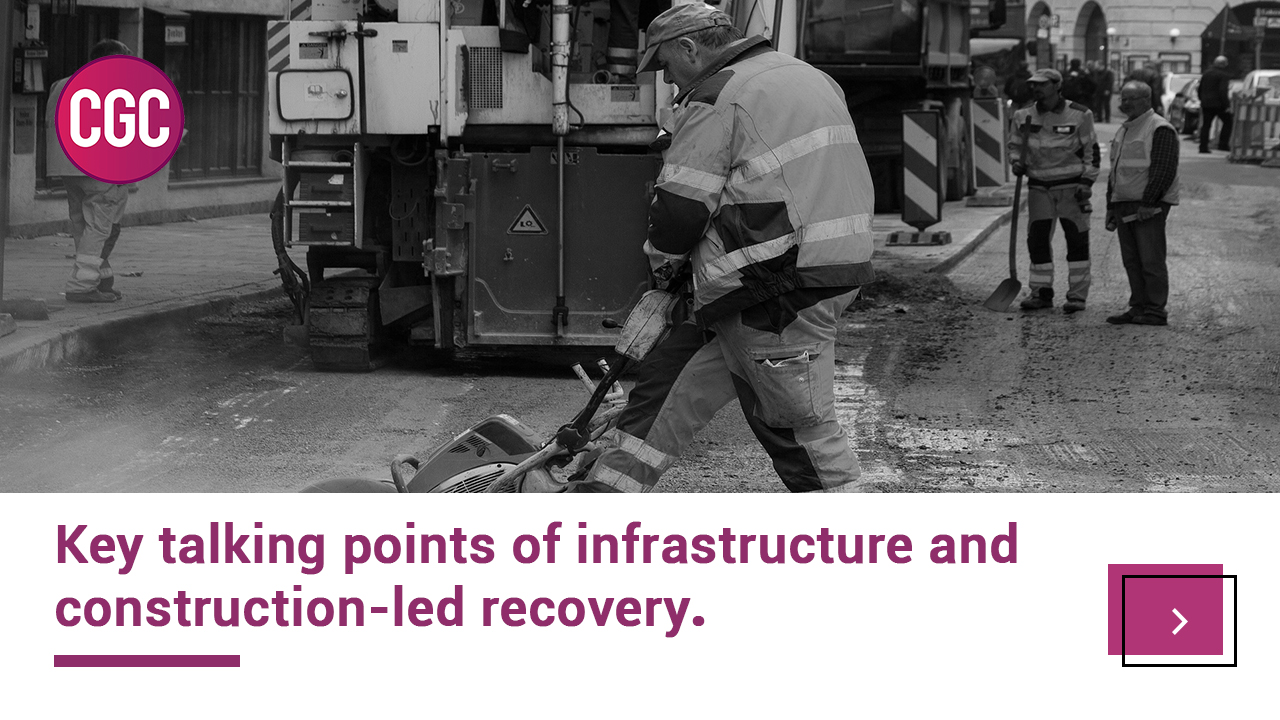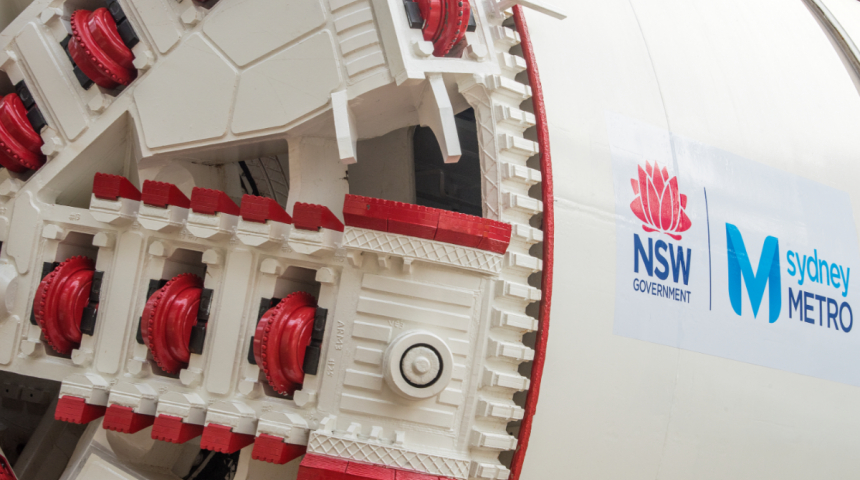
Projects in focus: M6 Motorway
Previously known as the F6 Extension, the M6 Motorway is a proposed multi-lane road link that aims to provide better connectivity to Sydney’s south.
Read moreAccording to International Data Corporation (IDC), Australia's spend on AI systems will grow to $3.6 billion in 2025. The rapid adoption and strong investments of AI, automation, and robotics enables the infrastructure sector to contribute to economic growth by boosting productivity levels and innovation. It also allows for more effective and efficient decision making.
Amidst the complex challenges the construction sector faces, such as labour shortages, material supply issues, health and safety, and productivity, automation offers huge potential to transform the industry. Technology will transform the nature of work and the workplace itself, while also complementing human labour.
With automation, we’re now able to manage every aspect of the infrastructure development process - and also plan for the future.
This article provides insights on how AI is currently being utilised and identifies the opportunities and accruable benefits it provides to the infrastructure industry.

The building and construction industry has embraced technology to further enhance the efficiency, productivity, accuracy, and safety of the built environments. From creating detailed drawings to robot-assisted bricklaying to 3D printing and assembly - automation addresses key construction challenges by providing solutions for the complete building lifecycle.
Although construction-related work fatalities have decreased by 54% over the last 14 years, it’s still considered one of the most dangerous industries to work in.
Today, AI technology not only safeguards the lives of workers. It’s also increasing efficiency by removing communication barriers - allowing architects, designers, and contractors to attain real time updates related to a project.
There are four main ways automation is making an impact on our industry:
Efficiency: There are cost savings and increased efficiency when manual labour is replaced by automation technology in construction projects. It also means projects can be completed on a larger scale as it requires less manpower. With AI improving automation processes, the benefits are significant. There’s improved resource allocation and monotonous tasks such as welding, bricklaying, and demolition are removed. This allows for workers to focus on higher value tasks.
What does the future hold with AI and automation?
With the industry in need of profitability and risk mitigation, AI has incredible potential for the infrastructure sector.
It’s estimated that 15 to 20 percent of new building construction will be modular in the United States and Europe by 2030. While the shift to modular off-site construction could have a great impact on the construction workforce, it’s clear the transition will take many years. This means many of the construction processes will still be performed on-site.
Workers will need to work side by side or in hybrid roles with machines. For example, a construction worker may operate a drone instead of performing a physical walk-through.
And with the substantial employment opportunities across the infrastructure sector due to automation, we expect the overall numbers of jobs to grow. The automation of the construction process discussed above will help deliver the projects faster and more efficiently - without the need of eliminating the headcount. What we’re seeing is AI creating more opportunities for top tier talent, while developing a highly skilled workforce. This provides workers a more dynamic and fulfilling career.
Looking forward to the future and beyond a human-less construction site, AI and automation is undoubtedly changing the world. AI will be an essential tool for many years to come. And while it may disrupt existing procedures, it also presents boundless opportunities.
Improved efficiency across the whole value chain and increased safety are just some ways technology is keeping our industry moving forward. With the rapid pace of digital change, the industry must anticipate the changes and adapt quickly in order to secure its own future.
About CGC Recruitment
CGC Recruitment is a specialist construction, infrastructure, engineering, and architecture recruitment consultancy. We view our clients as our partners and work closely with them to meet their business needs. We work with some of Australia’s largest construction brands through to specialist SMEs and boutique consultants. We have proven experience delivering permanent, contract and retained recruitment solutions, consistently providing the right candidates for the right roles at the right time.
If you have an active role you’d like to discuss or just want to talk to a specialist consultant, please contact us. Alternatively, you can complete our online client form and a member of our team will contact you.

Previously known as the F6 Extension, the M6 Motorway is a proposed multi-lane road link that aims to provide better connectivity to Sydney’s south.
Read more
We have good news - the infrastructure sector is bustling with opportunities for jobseekers - Infrastructure Australia highlighting 44 new proposals delivering $59 billion worth of projects this...
Read more

Sydney’s landmark Wynyard Place development is now in construction on its prime location fronting what will be pedestrian-only George Street and Wynyard Park. Due for completion in 2020, the vibrant...
Read more
There’s a lot going on! With the easing of restrictions in Victoria imminent and as the Federal Government continuing to focus on the post-pandemic recovery, it’s hard to know what the key points for...
Read more
Welcome to the Winter issue of the newsletter, and what a month it has been! First up we’ll hear from Steve Morris with an Engineering Design Update. Stewart Armstrong will follow with an insight...
Read more
CGC Projects in Focus - Barangaroo Regeneration: Crown Sydney
Read more
CGC Projects in Focus - Revamping a Sydney Icon, Central Station
Read more

With much of the country temporarily shut-down to halt the spread of COVID-19, Australia is a different place today than even just a few short weeks ago. In Sydney, while its busy streets aren’t...
Read more© 2022 CGC Recruitment. All rights reserved.
Terms & Conditions Privacy Policy Contact